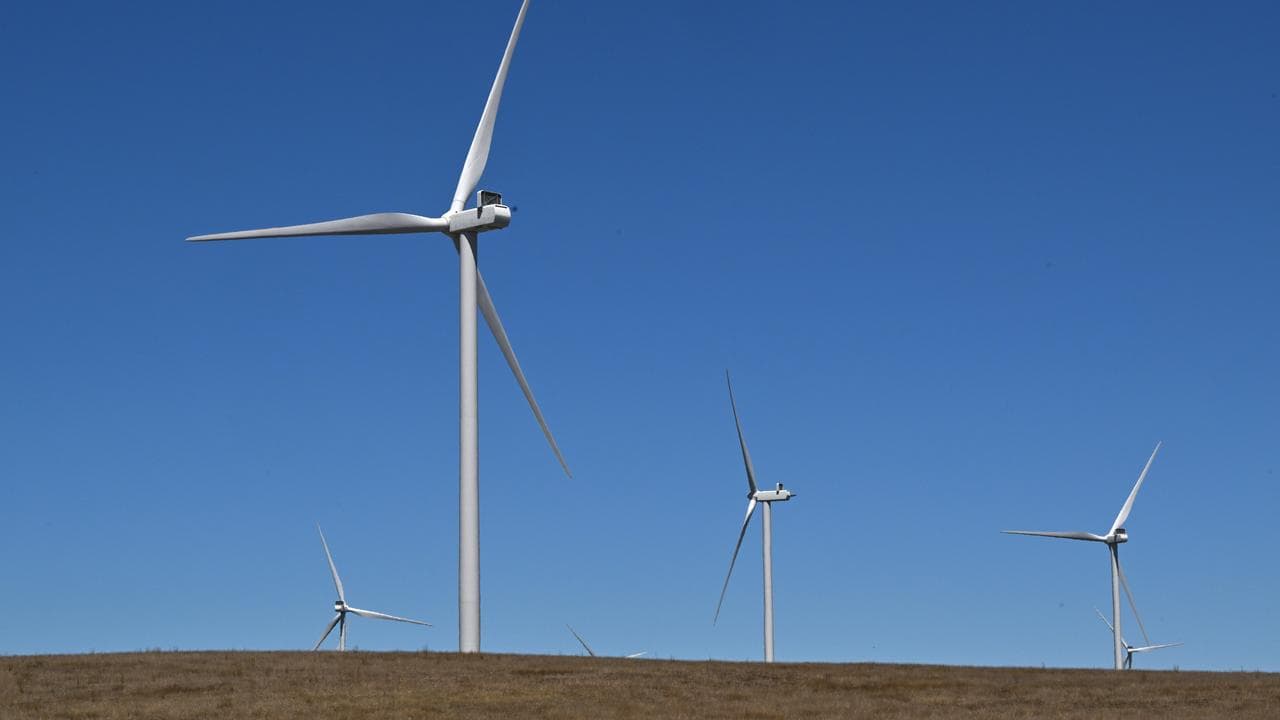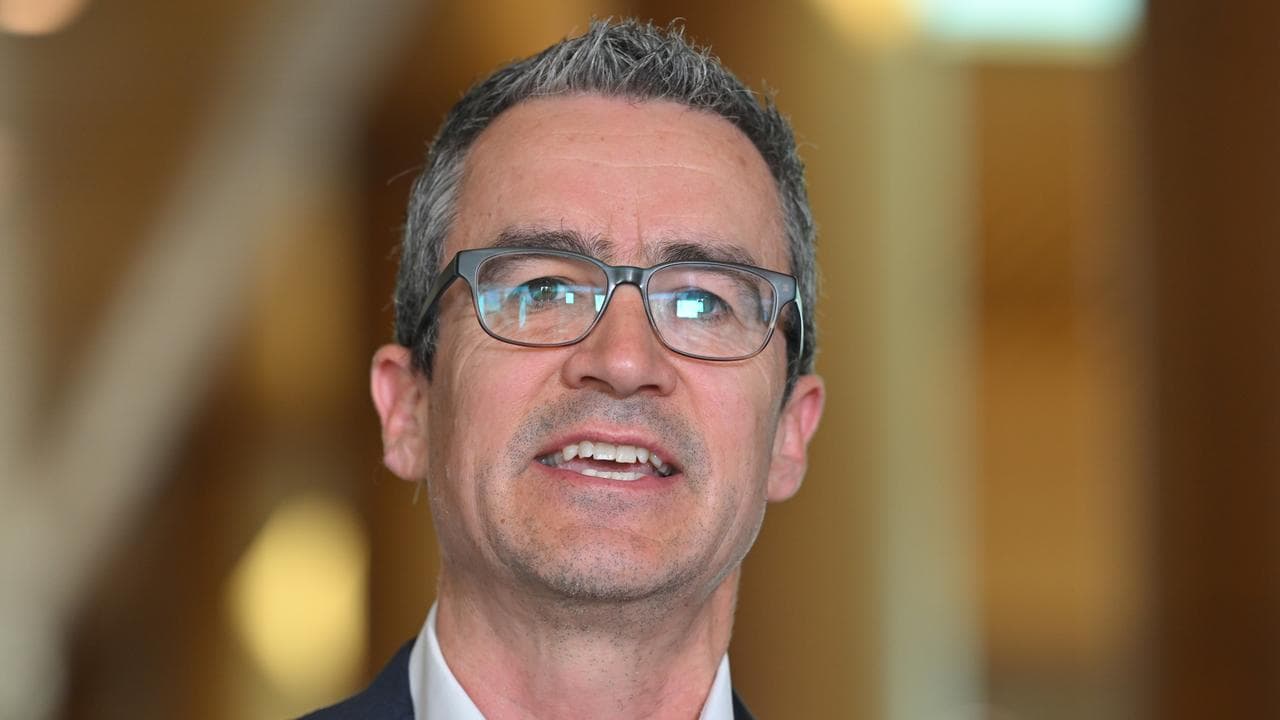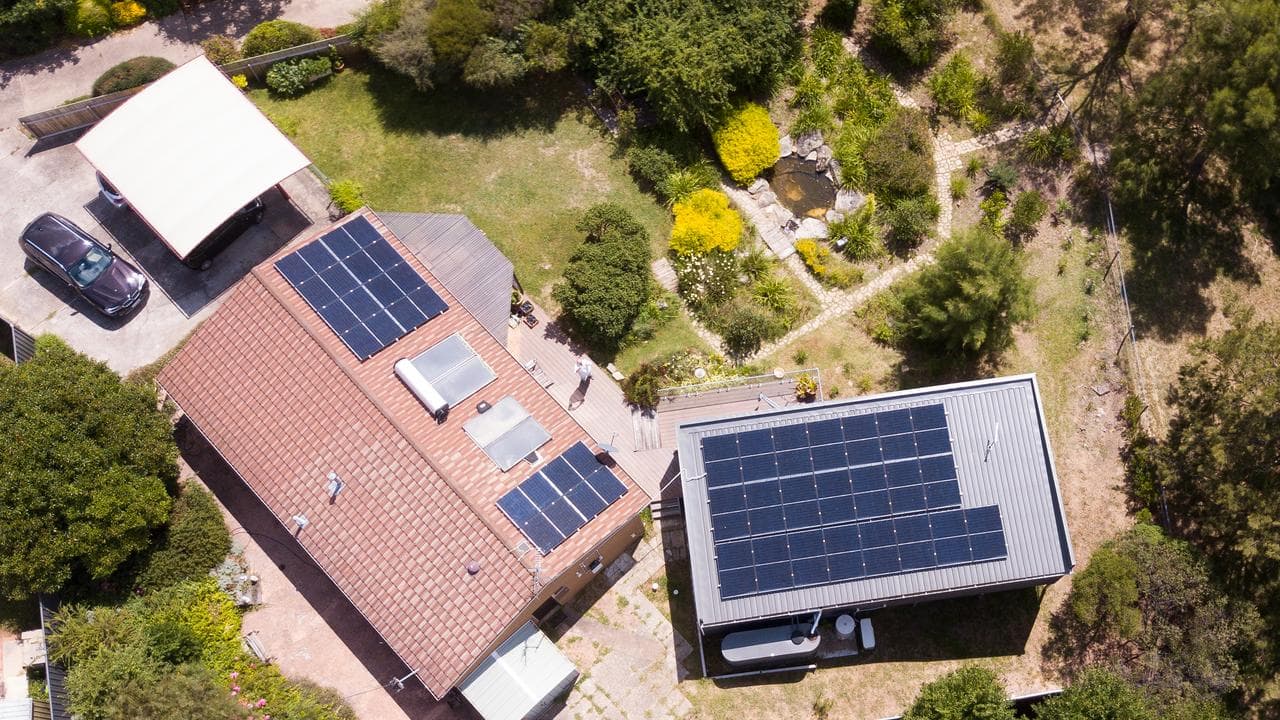
Not letting anti-renewables messaging go unchallenged is the primary purpose of a public information blitz and fact-checking site from the peak clean energy industry body ahead of the federal election.
Fresh surveying commissioned by the Clean Energy Council captures broad support for renewables, particularly rooftop solar, yet some confusion around household bills and different energy sources persists.
CEC chief executive officer Kane Thornton said the council was targeting Australians who understood the need to decarbonise the energy grid at a high level but were "susceptible to some of the misinformation campaigning that's underway".

"We're wanting to make sure they hear a different voice and one that's backed up by facts," he told AAP.
"Australia is largely on board with the need to continue the nation’s transition towards renewables, but the rise of anti-renewables campaigns plaguing our screens has led to a degree of uncertainty."
Mr Thornton said the merits and challenges of wind and solar had been debated in Australia for more than a decade but the industry was now up against deep pockets and ads running on prime-time television.
"It's a story blaming everything on renewable energy, talking about renewable energy as the cause of higher power prices," he said.
Solar and wind backed by batteries, pumped hydro and gas was "the most timely and affordable option" to replace retiring coal-fired power stations, he said.
Wednesday's survey conducted by Freshwater Strategy on the CEC's behalf found just as many Australians thought more renewables in the grid would push up bills as those who thought they would lower costs.
Slightly more of the 2500 respondents believed a higher proportion of coal and gas would lead to higher energy costs - 37 per cent - compared to the 33 per cent who said they would lower power bills.
Similarly, marginally more Australians thought more energy from nuclear would lead to higher energy costs than lower.
Voters remain sensitive to cost-of-living issues following a bout of high inflation and elevated interest rates, with hip pocket pain set to dominate the federal election due by May 17.

The CEC's energy fact check website will be supported by targeted ads, including on social media, and follows the appointment of former Channel Nine journalist and 2GB radio host, Chris O’Keefe, as a national spokesperson.
In some parts of Australia, renewable projects have drawn the ire of farmers and sparked concerns over a lack of consultation and the threats posed to prime agricultural land.
Farmers for Climate Action surveying from late last year suggested the majority of farmers - roughly 70 per cent - backed clean energy on farmland in their communities.
Their support came with conditions, however, including proper consultation and improved access to reliable energy.
Seventeen per cent were opposed to clean energy in their communities.




